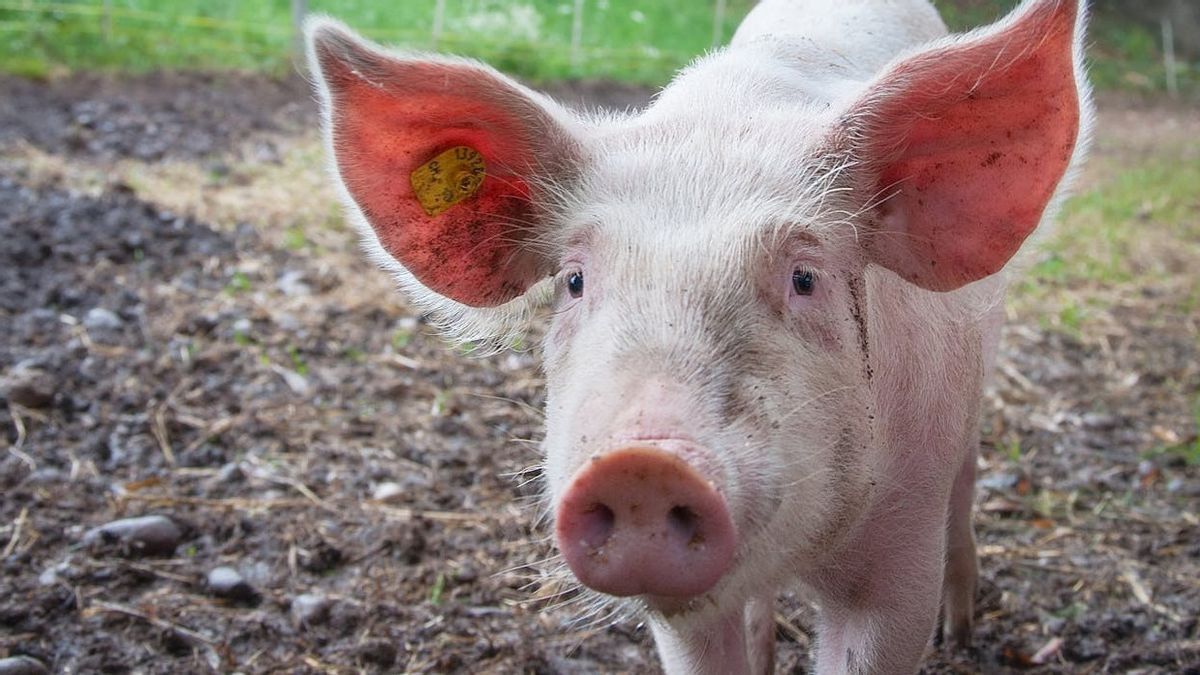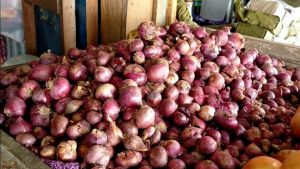JAKARTA - Commission IX of the House of Representatives highlighted the findings of certified and labeled halal foods but containing pork.
Member of Commission IX of the Indonesian House of Representatives, Asep Romy Romya asked the Halal Product Guarantee Agency (BPJH) to investigate and drag the producer or distributor of the food containing the pig into the realm of law.
"I ask that this discovery be thoroughly investigated. Why do food products that have been certified halal contain pork and are circulating in the market? There must be a thorough evaluation to prevent similar incidents from happening again," said Asep at the Parliament Complex, Senayan, Jakarta, Tuesday, April 22.
It is known that the joint supervision between BPJPH and the Food and Drug Supervisory Agency (BPOM) revealed that there are certified and halal labeled processed food products that are indicated to contain pork (porcine) elements.
Currently, BPJPH has withdrawn seven products that were previously widely circulated in the community. Sadly, the seven food products are dominated by food that is often consumed by children and has a sweet taste.
According to Asep, food or beverage products that have pocketed certification and halal labels should have met halal standards according to Islamic law. Starting from the selection of raw materials to the entire production process.
"If halal certification and labels can be manipulated in such a way, how can people, especially Muslims, guarantee that the products they consume are really halal," he said.
Asep also urged that the evaluation be carried out as soon as possible to follow up on these worrying findings. He emphasized that the results of the evaluation must be announced transparently to the public.
"If the results of the investigation prove that the food producer is proven to have manipulated halal certification and labeling, then firm action must be taken without compromise," he explained.
Asep reminded that food producers as business actors have an absolute obligation to maintain halal products that have been certified halal and are required to update the certificate if the validity period ends. "Every change in the composition of raw materials must also be reported to BPJPH," he continued.
Asep said, Law Number 33 of 2014 concerning Halal Product Guarantee clearly states that business actors who have obtained halal certificates but do not maintain halal products can be sentenced to a maximum of five years in prison or a maximum fine of Rp. 2 billion.
"If these serious findings are considered a passing wind without a thorough investigation, it is not impossible that similar cases will continue to repeat themselves," he said.
SEE ALSO:
The PKB legislator from the West Java II electoral district also urged BPJPH to conduct an internal evaluation to investigate the possibility of involvement of parties in the practice of manipulating certified and labeled halal food products that turned out to contain the pigs. According to him, severe sanctions including dismissal must be given to BPJPH or BPOM officials involved.
"Prohibition of pork in halal food products not only ensures the health and cleanliness of food but also adherence to the elements of sharia. So if this is violated, especially by government employees, there must be severe sanctions so that it does not happen again," concluded Asep.
The English, Chinese, Japanese, Arabic, and French versions are automatically generated by the AI. So there may still be inaccuracies in translating, please always see Indonesian as our main language. (system supported by DigitalSiber.id)

















